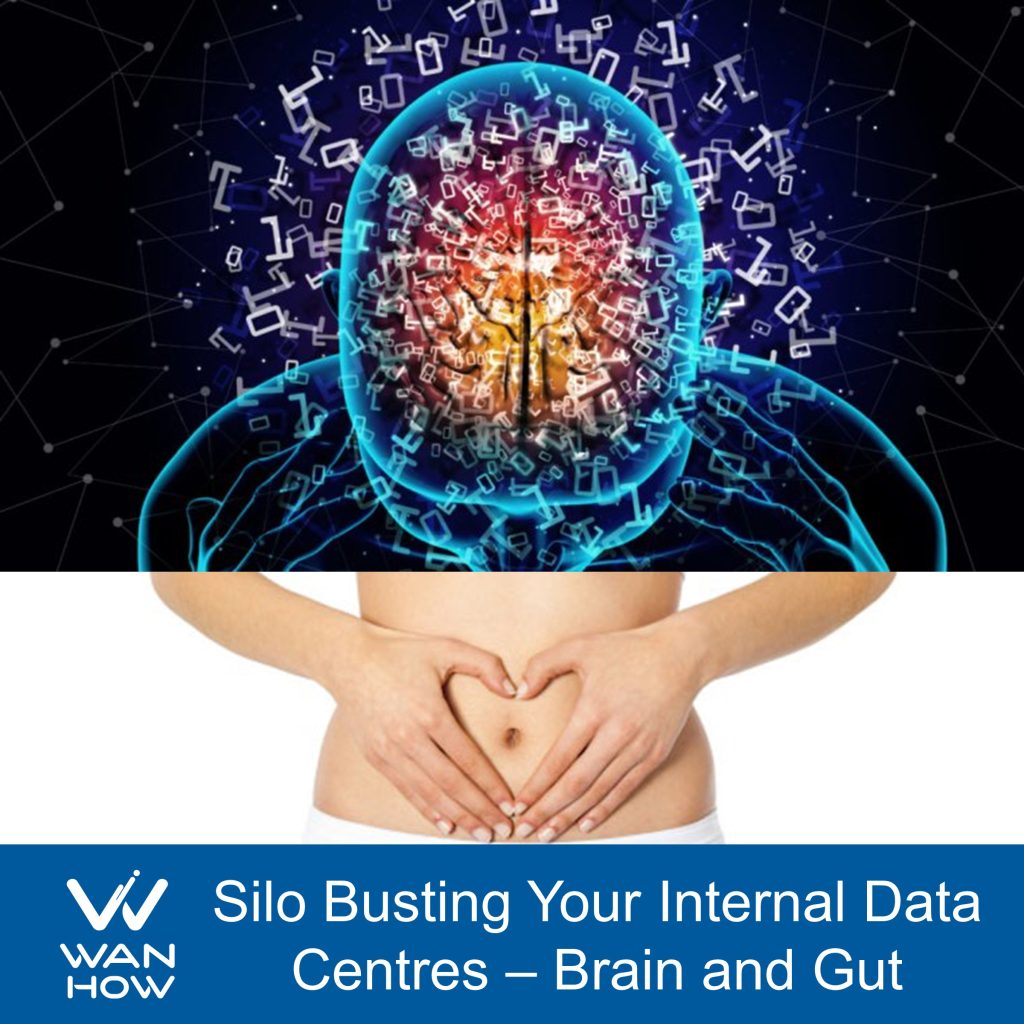
“It is not events that disturb people, it is their judgments concerning them.” That’s an ancient teaching of Epictetus, a slave who was disabled when his master broke his leg. Epictetus had more than his fair share of disturbing events, surviving a fire that destroyed two-thirds of his city and living through four different emperors in one year, two murdered and one committing suicide. A Stoic, he advises us to:
· Identify and separate what you can and cannot control
· Accept circumstances outside your control
· Choose how you respond: with justice, self-control, and reason.
In contrast, surveys of top executives indicate that most of these senior leaders rely on their gut feelings when responding to challenges. Scientists call the stomach the “second brain” because our digestive tract contains a network of 100 million neurons, more than in the spinal cord. According to Melody Wilding, in an HBR article, “your brain works in tandem with your gut to quickly assess all your memories, past learnings, personal needs and then makes the wisest decision given the context.”
So instead of either brain or gut-based decision-making, we could tap into both thinking and feelings. When facing uncertainty and crisis situations, do you start with your thoughts, like the Stoics, and just accept the negative emotions as something outside your control? Or begin with the gut feel and align our thoughts with the gut information?
In my humble opinion, dismissing gut feel is a misapplication of Stoic wisdom.
1. Start with recognizing and accepting the neural network data coming from the second brain.
2. Accept that some things are beyond your control.
3. Choose to how respond, from project management’s risk response options: exploit, avoid, transfer, mitigate, or finally, accept.
Aligning gut and brain is like internal silo-busting: helping two data processing centres within our human bodies to collaborate in data sharing, insight generation, and decision making.
